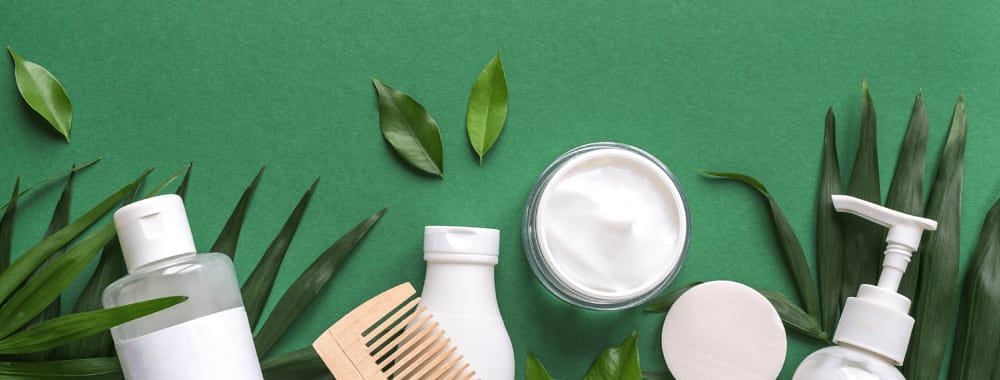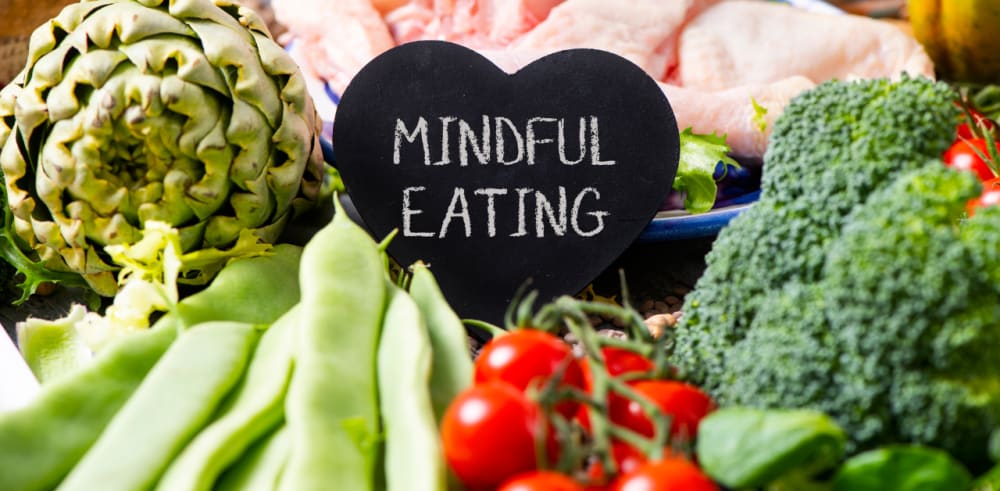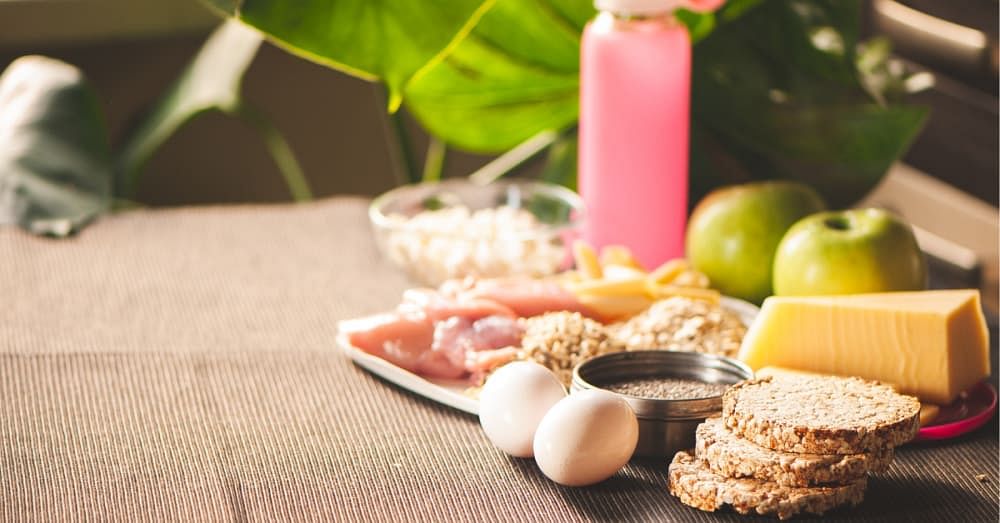The vetiver plant (Chrysopogon zizanioides) is also known as veti veru, khus, or the lavancha. The oil from veti veru roots is used for making cosmetics and skincare products. The pretty brownish-purple in colour flowers is used to make many skincare products.
The vetiver grass belongs to the family of bunchgrass and is native to India. It might be an underrated herb, but vetiver has numerous benefits for the skin and can be used as a natural coolant and cleanser. It has all the benefits of a good skincare product but minus the negative effects of chemicals.
Benefits of the Vetiver Plant
Vetiver for Skin
Is vetiver good for the skin? The answer is a resounding yes! The vetiver grass has numerous benefits.
The lavancha plant is a natural coolant. The root of the plant keeps the skin hydrated.
The khus oil has antibacterial and antimicrobial properties that help fight acne, blisters, and rashes.
Being a natural product, vetiver uses are versatile. It is gentle on the skin and can be used by people who have sensitive skin.
The vetiver benefits as a natural cleanser are very effective. It helps to remove dirt and dust without making the skin dehydrated. It helps remove blackheads and whiteheads and helps to unclog pores.
It is quite astonishing that veti veru benefits for skin are multifarious. They regulate the sebum production of the skin.
The Vetiver or the lavancha plant keeps the skin moisturised and generates a glow from within that speaks volumes about the khus roots benefits.
The vetiver plants help reduce inflammation and redness of the skin and face. They help to cure sunburns.
The vetiver roots benefits are also effective in the treatment of scars. The khus oil has the potential to speed up cell growth. They are beneficial in the treatment of stretch marks and fat cracks.
The lavancha plant is filled with antioxidants, which stops the skin's signs of premature ageing. Regular use of khus oil in different forms can make the skin youthful and firm.
Vetiver for Hair
The vetiver plant is full of antioxidants, which helps treat dry scalp and dull hair. It also treats dandruff and inflammation. It increases the formation of collagen that provides strength to hair structure.
Uses of the Vetiver Plant
Mentioned below are some great and easy uses of vetiver plants. The vetiver roots are used to produce perfumes. The vetiver roots are used to make khus essential oil. The vetiver plant is used for many medicinal purposes.
Vetiver being a natural product, it does not contain the harmful effects of chemicals. Therefore, it is suitable for all skin types and used by many ayurvedic and herbal companies.
How to Use Vetiver Oil and Vetiver Water
The answer to how to apply vetiver essential oil is simple. You can massage a few drops of vetiver oil on the inflamed muscles for quick relief. Mentioned below are other ways of using vetiver oil/ vetiver water:
You can add a few drops of vetiver oil or vetiver water to your bathing water to prevent bacterial infections.
Vetiver oil is rich in antioxidants and can improve immunity. Add a few drops and inhale or add to a diffuser.
You can add vetiver oil or vetiver water to your face wash, cream, or oil and apply it to your skin. Vetiver oil is beneficial in treating acne and enhancing skin glow.
Vetiver oil is beneficial in treating stress and anxiety. Massage a few drops on your wrist, neck, or chest for a soothing effect.
How to Make Vetiver Water
To make vetiver water, you need a clay pot, a bunch of vetiver roots, and cool boiled water. Place the roots in the bottom of the pot. Then add the water and cover the pot. Let it rest for two to three hours. After two to three hours, your vetiver water is ready to use as you want.
This article is an excellent study of the vetiver plant and its various uses and benefits on the skin. It helps in answering what is vetiver oil used for and how to make vetiver water.











